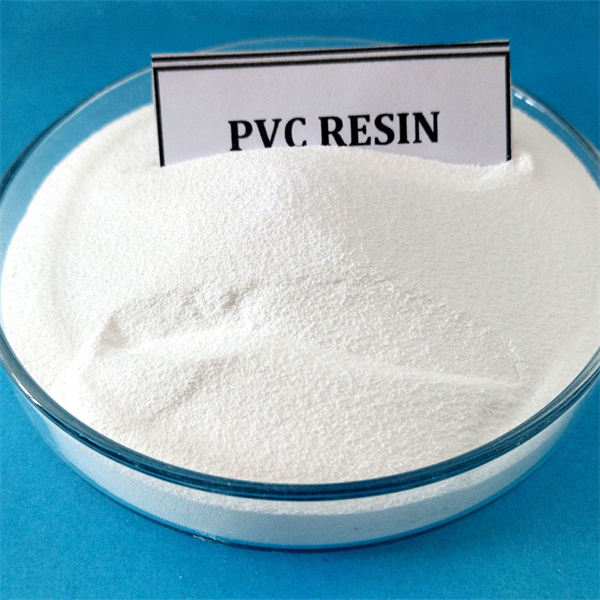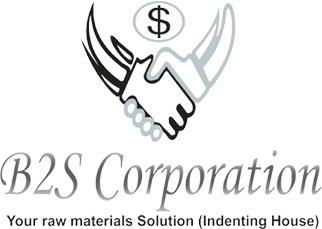B2S Corporation
Proudct
PVC Resin

PVC resin refers to a type of thermoplastic resin that is derived from vinyl chloride monomers. PVC, which stands for polyvinyl chloride, is widely used in various industries due to its versatility, durability, and cost-effectiveness. The content of PVC resin includes the following key aspects:
- Vinyl Chloride Monomers: PVC resin is produced through a polymerization process of vinyl chloride monomers. Vinyl chloride is a colorless gas that is chemically transformed into a solid form through polymerization, resulting in the formation of PVC resin.
- Polymer Structure: PVC resin is a polymer with a repeating unit of vinyl chloride. The vinyl chloride monomers are chemically linked together through a process known as chain-growth polymerization, forming long chains of PVC molecules.
- Additives: PVC resin may contain various additives to enhance its properties and performance. These additives can include plasticizers, stabilizers, lubricants, impact modifiers, fillers, pigments, and flame retardants. The specific additives used can vary depending on the intended application and desired characteristics of the PVC resin.
- Plasticizers: PVC resin is often blended with plasticizers to increase its flexibility, softness, and workability. Plasticizers help improve the resin’s processability, making it easier to shape, mold, and extrude into different forms.
- Stabilizers: Stabilizers are added to PVC resin to prevent degradation and maintain its properties during processing and use. They protect the resin from the effects of heat, light, oxygen, and other environmental factors that can lead to discoloration, degradation, or loss of mechanical properties.
- Fillers and Reinforcements: Fillers, such as calcium carbonate or talc, can be added to PVC resin to modify its physical properties, improve dimensional stability, and reduce costs. Reinforcing agents, such as glass fibers, can also be incorporated to enhance the strength and stiffness of PVC resin.
- Processing Aids: PVC resin may include processing aids to facilitate its manufacturing processes, such as extrusion, injection molding, or calendaring. These aids can improve flowability, reduce friction, enhance melt stability, or provide release properties during processing.
